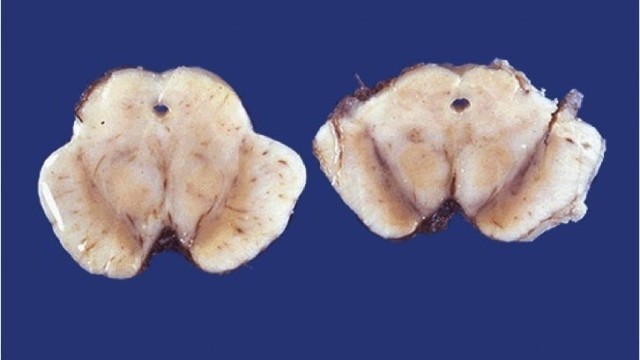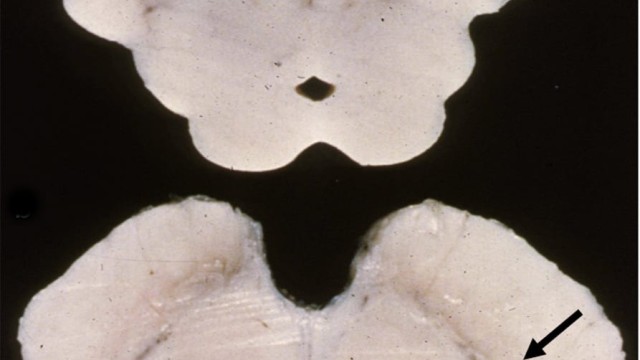The discovery of a deficit in striatal dopamine associated with Parkinson’s disease (PD), initially documented in 1960, marked a pivotal moment that ushered in the era of levodopa treatment. Experimental use of levodopa in PD patients commenced in 1961, with outcomes exhibiting inconsistency for the majority of the 1960s. However, by 1967, doubts regarding levodopa’s efficacy in PD were dispelled after several studies reported significant advancements in PD patients following prolonged oral administration of escalating doses of levodopa.
While this was widely accepted as a significant breakthrough in the treatment of PD, there was concern by some in the community that utilizing levodopa may accelerate neurodegeneration. This investigation evaluated the impact of levodopa on the pace of Parkinson’s disease advancement. As a result the Earlier versus Later Levodopa Therapy in Parkinson Disease (ELLDOPA) study was conducted.
This double-blind placebo-controlled trial across 33 US and 5 Canadian sites enrolled 361 early Parkinson’s disease patients, naive to dopamine agonists and levodopa. They were randomized to receive placebo or carbidopa-levodopa at doses of 150mg, 300mg, or 600mg per day. Over 9 weeks, doses were increased to the assigned level, followed by 40 weeks of treatment, a 3-day medication withdrawal, and a 2-week washout. The primary measure of the study was the change in the Unified Parkinson’s Disease Rating Scale (UPDRS) total score from baseline to week 42 (post-washout) with secondary outcomes including interim UPDRS scores and adverse events.
The study found that 86% of participants completed the 40-week treatment, and 88% completed the washout. Levodopa groups showed a significant, dose-dependent reduction in UPDRS compared to placebo (p<0.001). Improvements were noted from week 3, peaking at week 40, and persisted beyond washout, with the 600mg dose being the most effective. However, higher levodopa doses led to more adverse events like dyskinesia and nausea.
A SPECT neuroimaging substudy with 142 patients revealed a greater decrease in dopamine transporter density with levodopa, possibly indicating accelerated nigrostriatal dopamine nerve terminal loss. However, this could be a pharmacologic effect of levodopa modifying the dopamine transporter.
In conclusion, this clinical trial established the efficacy of levodopa in reducing symptom worsening in a dose-dependent manner, with sustained benefits post-washout. Additionally, recent clinical trials demonstrate that early initiation of levodopa in Parkinson’s disease, even at varying doses, does not hasten disease progression nor inflict long-term detrimental effects. Instead, it offers significant improvements in symptom severity, quality of life, and overall mobility, outweighing the risk of earlier onset of dyskinesias.
Neuroimaging findings suggesting a potential acceleration of dopamine neuron loss invite further investigation, but they have not overshadowed levodopa’s clinical efficacy. The evolution of Parkinson’s disease treatment now leans towards a more personalized approach, tailoring levodopa dosage based on individual patient responses and side effects, ensuring optimal management of this complex condition. This shift underscores the critical balance between effective symptom control and the careful monitoring of potential long-term effects, guiding us toward a more informed and compassionate approach to caring for this patient population.
Feel free to review this Landmark article here!
Check out some images related to this topic from our image database here:
References:
- Fahn S, Oakes D, Shoulson I, Kieburtz K, Rudolph A, Lang A, Olanow CW, Tanner C, Marek K; Parkinson Study Group. Levodopa and the progression of Parkinson’s disease. N Engl J Med. 2004 Dec 9;351(24):2498-508. doi: 10.1056/NEJMoa033447. PMID: 15590952.
- de Bie RMA, Clarke CE, Espay AJ, Fox SH, Lang AE. Initiation of pharmacological therapy in Parkinson’s disease: when, why, and how. Lancet Neurol. 2020 May;19(5):452-461. doi: 10.1016/S1474-4422(20)30036-3. Epub 2020 Mar 12. PMID: 32171387.




